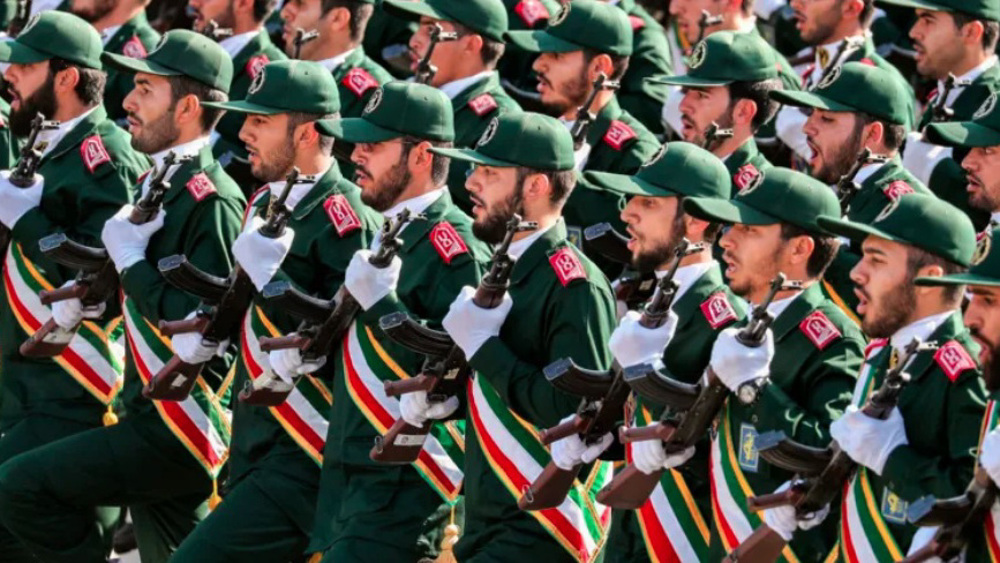Syria talks not to have concrete results: Analyst
Press TV has interviewed James Jatras, former US Senate foreign policy analyst in Washington, to discuss a new round of UN-backed talks on Syria aimed at ending nearly five years of war in the Arab country.
The following is a rough transcription of the interview.
Press TV: Do you think that it is too early to even think that these talks are going to make any type of progress given the fact that there is a six month timeline and it is kind of a wait-and-see game?
Jatras: I think that is right. I think any expectations of any early concrete results here are very, very small. There are some serious flaws going into these talks. Sure the Western powers have dropped their … demand that ‘Assad must go’ but they have still made it clear that they expect at the end of a transition in any kind of peace settlement that there would have to be what still amounts to regime change from the point of view of the Western powers that are backing of course Turkey and Saudi Arabia.
You also have the problem that the Kurds are not going to be there because the Turks do not want them there. You saw Vice President Biden in Istanbul a few days ago with Turkish Prime Minister Davutoglu still talking about military intervention in Syria, just an awful lot of loose ends here to make it hard to see how concrete progress can be made toward a political settlement.
Press TV: John Kerry came out and said that the moment needs to be seized. Do you think that Saudi Arabia is or the US position is reflected through Saudi Arabia or the US has the stance that they see these talks as a means to end the conflict?
Jatras: I think neither one. I think unfortunately the United States’ policy still is largely passive and based on supporting our allies which largely means Saudi Arabia and Turkey and their priorities which are not at all helpful and I do not think conducive to the American interest.
I think the best we can hope for in the short-term is some kind of agreement on humanitarian relief for various areas of Syria, maybe localized or even eventually a generalized ceasefire but that thing comes with its own risks that provocations will be launched in order to justify some kind of intervention which gets us back to goal number one which is to get rid of Assad.
Press TV: And finally and quickly, Russia made an offer, months at this point maybe, to the United States come join us, let’s get rid of these terrorists. Don’t you think that if the US had taken up on that option right now they would have eradicated a large portion of these terrorists?
Jatras: Absolutely, if we have had half a brain we would be saying look, it is in our interest that Assad stays, it is in our interest that the Syrian army and the Russian air force crush Daesh and the other terrorist groups. We have got to find some way to call off the dogs from our so-called allies but at least tell them, ‘listen boys, you are on your own, we are not along for this ride’. I think yes, some progress could be made there but unfortunately that is not what Washington is going to do.
'Powerful strike': IRGC hits US destroyer with ballistic, strategic cruise missiles in Indian Ocean
IRGC: 16th wave of retaliation hit heart of occupied territories; enemy casualties stand at 680
We avenge the innocent until our last breath: Iran's parl. speaker
170 students, teachers martyred in ‘deliberate’ strikes on Iranian schools: Minister
Iran’s air defense systems down six advanced Hermes drones
US defenses overwhelmed by Iran’s drone and missile barrages: WSJ
IRGC says second US THAAD anti-missile unit destroyed
CNN journalists abducted by Israel while reporting on damage from Iranian strikes














 This makes it easy to access the Press TV website
This makes it easy to access the Press TV website